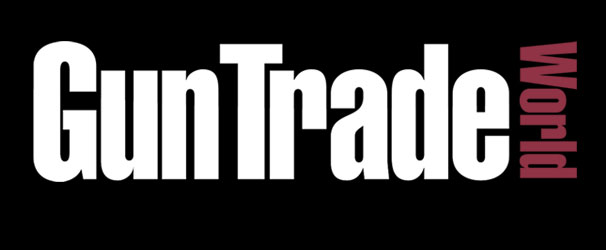Indiana and Utah Governors Enact Laws to Protect Second Amendment Privacy

In a significant move to safeguard Second Amendment rights, Governors Eric Holcomb of Indiana and Spencer Cox of Utah have recently signed into law new measures aimed at preserving the privacy of firearm and ammunition purchasers. These laws, strongly supported by the National Shooting Sports Foundation (NSSF), the firearm industry's trade association, prohibit financial institutions from using a firearm-retailer specific Merchant Category Code (MCC) to monitor lawful firearm and ammunition transactions.
The legislation, known as the Second Amendment Privacy Acts, was passed last week with Indiana’s HB 1084 and Utah’s HB 406. These laws emerge as a countermeasure against the potential exploitation of legal purchases for political aims or unlawful surveillance by corporate financial entities and government agencies.
The creation of a firearm-retailer specific MCC, an initiative driven by antigun advocates and entities such as New York Times columnist Andrew Ross Sorkin and Amalgamated Bank, has raised concerns over privacy and the potential for undue government oversight. Critics argue that such measures could lay the groundwork for a national firearm registry, a move currently prohibited by federal law.
Lawrence G. Keane, NSSF Senior Vice President & General Counsel, highlighted the urgent need for these protections, citing past overreaches by banks and the federal government that threaten Second Amendment and privacy rights. He commended both governors for their leadership in enacting laws that ensure citizens can exercise their constitutional rights without fear of being unjustly targeted or monitored.
The passage of these laws in Indiana and Utah adds them to a growing list of states, including Florida, Idaho, Mississippi, Montana, North Dakota, Texas, and West Virginia, which have enacted similar protections. This legislative trend underscores a nationwide effort to secure the privacy rights of law-abiding gun owners against potential abuses.
Amidst this backdrop, the U.S. Treasury’s Financial Crimes Enforcement Network (FinCEN) faced scrutiny for infringing Fourth Amendment rights by collecting data on gun and ammunition purchases around January 6, 2020, without just cause or warrants. This incident further fuels the debate over privacy rights and the extent of government surveillance.
As the discussion continues, both federal and state-level efforts to protect Second Amendment privacy rights are gaining momentum, with several other states contemplating similar laws. The NSSF remains at the forefront of these efforts, advocating for legislative actions that defend the rights of gun owners while calling for transparency and accountability from those pushing for increased monitoring of lawful purchases.
W: www.nssf.org
- Log in or register to post comments













